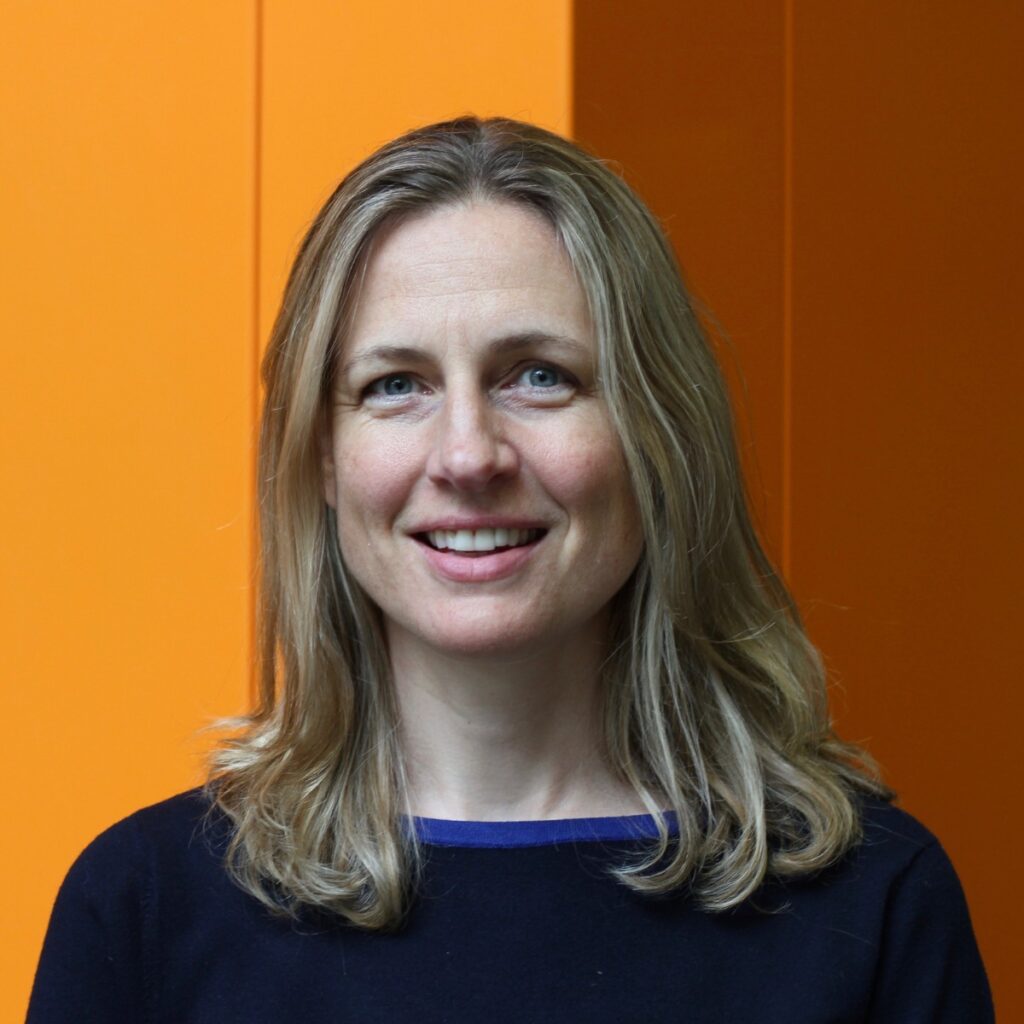
At the Alzheimer’s Society Annual Conference held on 11 September 2025 in London, Dr Jo Rodda, Senior Lecturer in Professional and Personal Development and Lead for Mental Health at Kent and Medway Medical School (KMMS), joined the team presenting the Alzheimer’s Society Dementia Healthcare Inequalities Initiative, known as the GRACE project.
The announcement, made during a keynote speech by Minister of State for Care Stephen Kinnock, marked a major milestone in the Alzheimer’s Society’s campaign to address the 110 healthcare inequalities identified in a recent report by the Office of Health Economics.
What is the GRACE Project?
Funded by a £2 million grant from Alzheimer’s Society, the GRACE project (Goal diRected, Accessible, & Evidence-based Care for Families affected by dementia), is a bold initiative aimed at tackling healthcare inequalities and improving post-diagnosis support for people living with dementia. Kent and Medway—where over 26,000 people live with dementia—has some of the UK’s highest levels of health inequality.
Led by Professor Claudia Cooper and Jessica Budgett at Queen Mary University of London (QMUL), the programme includes Jo Rodda and Richard Brown delivering the intervention across in East Kent, one of four pilot key sites across the UK.
GRACE builds on the success of the NIDUS-Family initiative (New Interventions for Independence in Dementia Studies), which provided tailored psychological support to people with dementia and their carers. The new programme will adapt these resources with a focus on inclusivity and whole-system delivery.

Dr Joanne Rodda
The GRACE project is all about delivering inclusive, evidence-based care after diagnosis,” said Jo Rodda. “In Kent, we’ll be working across a whole healthcare system in East Kent, starting in Thanet, to ensure no one is left behind.
What Will GRACE Involve?
- Translating NIDUS-Family resources, an online course and booklets that help family carers support people with dementia to live independently at home.
- Adapting modules to support carers of people with learning disabilities and dementia.
- Creating a new module to help carers navigate the emotional process of moving a loved one into a care home, especially for minoritised groups, including those who don’t speak English.
Jo Rodda’s involvement reflects her longstanding commitment to improving mental health care and education. As KMMS’s lead for the mental health curriculum, she brings both clinical expertise and deep local insight to the project.
Professor Claudia Cooper, GRACE programme lead, said:
This opportunity to roll out our suite of psychological support programmes to people with dementia and their families living in some of the most deprived areas, where health inequalities are highest, across the UK is so important.
The GRACE project begins in Spring 2026, and the team is actively seeking input from people affected by dementia in the pilot regions.
To get involved, contact: graceqm@qmul.ac.uk